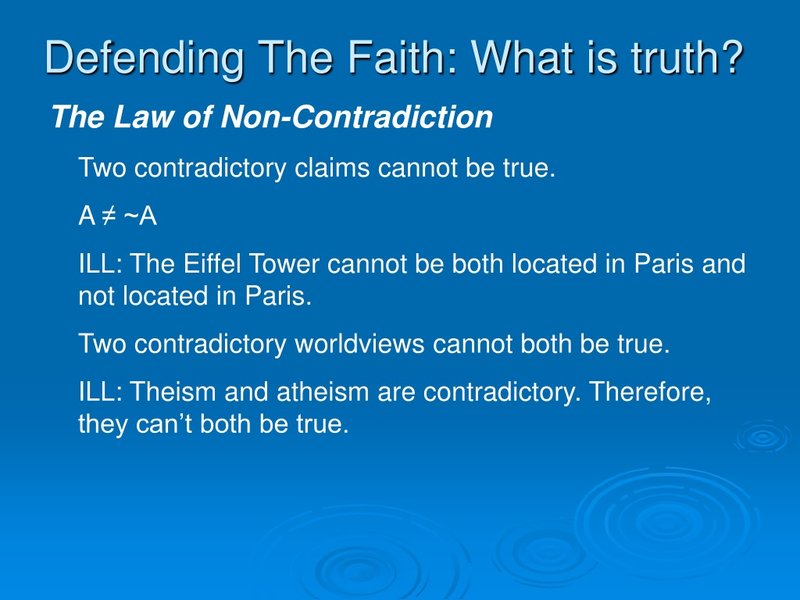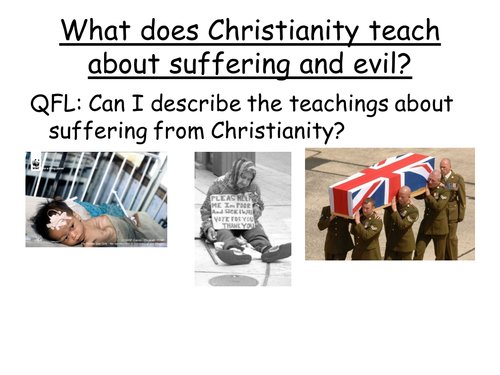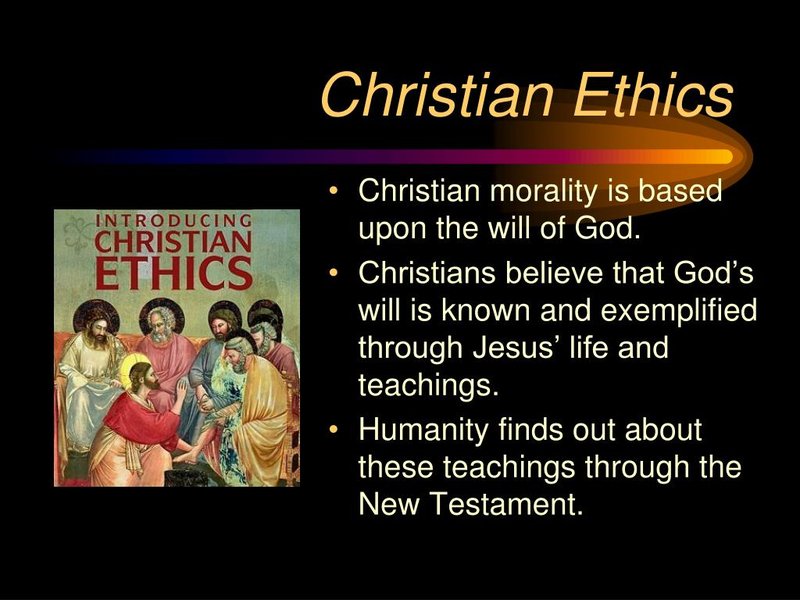· Christian Apologetics · 6 min read
Faith and Reason: Uniting for Truth in the Church
Explore how faith and reason harmonize to reveal the true essence of the Church, distinguishing it from falsehoods. Discover the power of truth in defending and upholding the Christian faith.

Faith and Reason: Uniting for Truth in the Church
In the realm of Christianity, the relationship between faith and reason has been a topic of debate for centuries. While some may argue that faith and reason are at odds with each other, others believe that they can work together harmoniously to arrive at truth. This article will explore the concept of faith and reason in the context of the Church, shedding light on how they can unite to reveal deeper understanding, defend the faith, and distinguish true Church teachings from false ones.
1. What is the biblical perspective on faith and reason?
According to the author of Hebrews, faith is described as “the substance of things hoped for, the evidence of things not seen” (Hebrews 11:1). This biblical definition suggests that faith is not blind or irrational but rather a substantial conviction based on unseen evidence. It is a confident trust in God and His promises.
The Bible also teaches that by faith, we can understand that the world was formed by the Word of God (Hebrews 11:3). This implies that faith is not opposed to reason but can complement it. Faith allows us to see beyond what our physical senses perceive and embrace spiritual realities that cannot be grasped by reason alone.
2. How do faith and reason work together?
Faith and reason are not mutually exclusive; instead, they can work together harmoniously. Reason, when used properly, can help articulate and organize our interpretations of Scripture. It aids us in understanding and defending the truths revealed to us through faith.
Reason acts as a tool for believers to judge the consistency of doctrine. It assists in discerning whether a particular teaching aligns with sound biblical principles. However, it is crucial to remember that reason should never take a magisterial role over theology. It should humbly submit to revealed truths rather than attempt to dictate or undermine them.
3. How can faith and reason unite to defend the faith?
In a world where skepticism and doubt are prevalent, it is essential to defend the faith with truth. Faith, when combined with reason, provides a solid foundation for defending the Christian worldview.
Reason can equip believers with logical arguments, evidence, and rational explanations that support the claims of Christianity. It allows individuals to engage in thoughtful dialogue with skeptics and provide them with compelling reasons to consider the truth of the Gospel.
Additionally, faith contributes to the defense of Christianity by acknowledging that certain aspects of God’s revelation are beyond human comprehension. It recognizes that reason has its limits and that there will always be mysteries that surpass human understanding. This humility can strengthen the apologetic witness of believers.
4. How can faith and reason distinguish the true Church from false teachings?
The unity of faith and reason plays a crucial role in discerning the true Church from false teachings. Reason enables believers to critically evaluate religious claims and teachings, ensuring they align with biblical truths.
By employing reason, Christians can analyze doctrines, compare them to scriptural teachings, and identify any discrepancies or inconsistencies. This process helps safeguard against false teachings that may distort or contradict essential biblical principles.
Faith also contributes to this discernment by providing believers with a spiritual sensitivity to recognize truth. Through prayer and reliance on the Holy Spirit, individuals can discern God’s guidance and distinguish between true teachings and deceptive doctrines.
5. What are some potential challenges in balancing faith and reason?
While faith and reason can work together harmoniously, there are potential challenges in finding the right balance between the two. One challenge is the temptation to elevate reason above faith, leading to a rationalistic approach that dismisses or undermines supernatural elements of Christianity.
Another challenge is an overreliance on personal experiences or emotions without engaging in critical reasoning. While experiences can be valuable, they should be evaluated through the lens of reason and measured against biblical truth.
Furthermore, there is a risk of intellectual pride that can arise from a strong emphasis on reason. This pride can hinder a humble submission to the mysteries of faith and prevent individuals from fully embracing the supernatural aspects of Christianity.
6. How can Christians navigate the tension between faith and reason?
To navigate the tension between faith and reason successfully, Christians should embrace both with humility and an understanding of their interdependence.
Firstly, believers should recognize that faith is not blind or irrational but rather grounded in evidence and trustworthy sources like Scripture and historical evidence. Reason, on the other hand, should be seen as a valuable tool for examining and articulating the truths of faith.
Secondly, Christians should cultivate a teachable spirit, always willing to learn and grow in their understanding of God’s revelation. This involves actively engaging with Scripture, studying theology, and seeking wise counsel from trusted Christian teachers and scholars.
Lastly, believers should approach the tension between faith and reason with the conviction that they are not in opposition but rather complementary to each other. Both are gifts from God, designed to guide us toward truth and deepen our relationship with Him.
7. What are some practical applications of faith and reason in the life of the Church?
Faith and reason have practical applications within the life of the Church. Congregations can encourage an environment where believers are equipped to engage in thoughtful discussions about their faith.
The Church can provide opportunities for teaching and equipping believers with sound doctrine, apologetics training, and critical thinking skills. This empowers individuals to articulate their faith in a reasonable manner and engage respectfully with skeptics or those of different beliefs.
Furthermore, pastors and leaders can model a healthy integration of faith and reason by addressing common objections to Christianity or providing reasoned explanations for theological concepts. This helps strengthen the faith of believers and encourages them to confidently share their convictions in a world that often challenges Christian beliefs.
8. What are some potential objections to the unity of faith and reason?
While the unity of faith and reason is a widely accepted perspective within Christianity, some objections have been raised throughout history. Some argue that faith, by its nature, is opposed to reason and requires a suspension of critical thinking. However, this objection fails to recognize that faith can be both reasonable and rational.
Others contend that an overemphasis on reason can undermine the supernatural elements of Christianity, reducing it to a mere philosophical system. However, a balanced approach to faith and reason acknowledges the limits of human understanding while embracing the supernatural aspects of faith.
It is important to address these objections respectfully and engage in thoughtful dialogue that highlights the compatibility and interdependence of faith and reason within the Christian worldview.
In conclusion, faith and reason can unite in the pursuit of truth within the Church. They are not opposing forces but rather complementary aspects of the Christian experience. By embracing both faith and reason, believers can deepen their understanding of God’s revelation, defend their faith with truth, discern true teachings from false ones, and engage in meaningful conversations about Christianity with skeptics. As Christians navigate the tension between faith and reason, they can cultivate a balanced approach that honors both God’s revealed truth and the gift of human reasoning.



